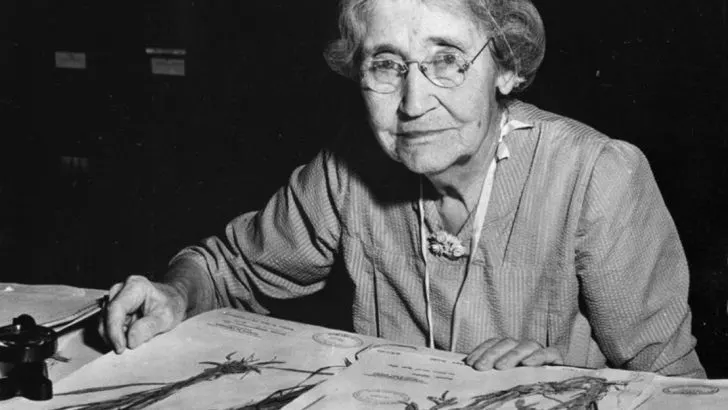Throughout history, women botanists have made groundbreaking discoveries, overcoming societal barriers to expand our understanding of the plant world. Their research has led to important advancements in medicine, conservation, and agriculture, shaping the way we interact with nature today.
From early pioneers who defied expectations to modern scientists making an impact, these women have left a lasting legacy in botany. In this article, we highlight 10 inspiring women botanists who changed the way we see plants, celebrating their contributions and the trails they blazed for future generations.
Jeanne Baret
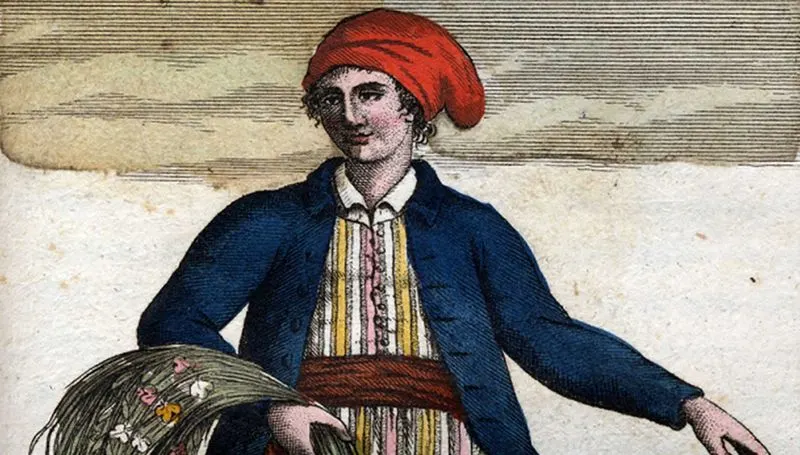
In the 18th century, Jeanne Baret became the first woman to circumnavigate the globe, disguising herself as a man to join Louis Antoine de Bougainville’s expedition. Her passion for botany led her to collect thousands of plant specimens, many previously unknown to science. Even after her remarkable journey, she continued her botanical pursuits, contributing significantly to the field. Jeanne’s determination and courage broke barriers, paving the way for future women in science. Her story remains an inspiring example of perseverance and dedication to one’s passion, making a lasting impact on the botanical world.
Agnes Chase
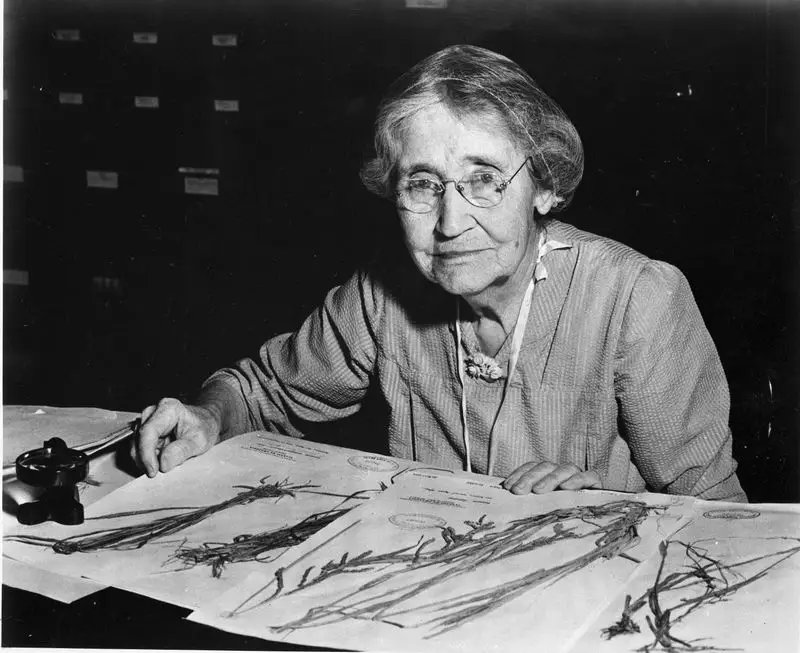
Agnes Chase, an expert in agrostology, dedicated her career to studying grasses—a vital yet often overlooked plant group. Despite limited formal education, her meticulous research and publications established her as a leading authority. Her book, “First Book of Grasses,” made botanical science accessible to many. Agnes’s work highlighted the economic and ecological importance of grasses, influencing agricultural practices globally. Beyond her research, she championed women’s rights, advocating for gender equality in science. Her legacy continues to inspire botanists and gender equality advocates alike, proving that passion and perseverance can overcome societal constraints.
Janaki Ammal
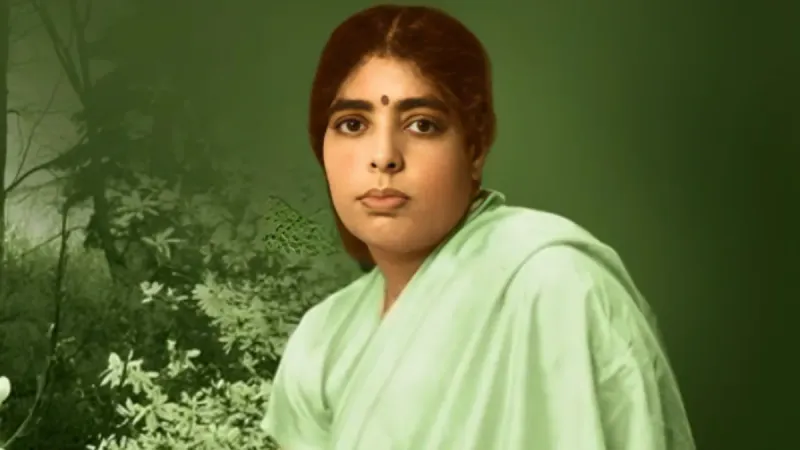
Janaki Ammal, an Indian botanist, made groundbreaking contributions to cytogenetics and plant breeding. Her pioneering work in sugarcane hybridization enhanced India’s agricultural productivity, making her a national icon. Despite facing racial and gender bias, she excelled in her field, earning international recognition. Janaki’s research extended beyond sugarcane, contributing to our understanding of chromosome numbers in plants. Her commitment to scientific excellence and advocacy for indigenous plant conservation left a lasting impact on botany. Her work remains relevant today, reflecting her enduring influence on agricultural science and plant conservation.
Kathleen Mary Drew-Baker
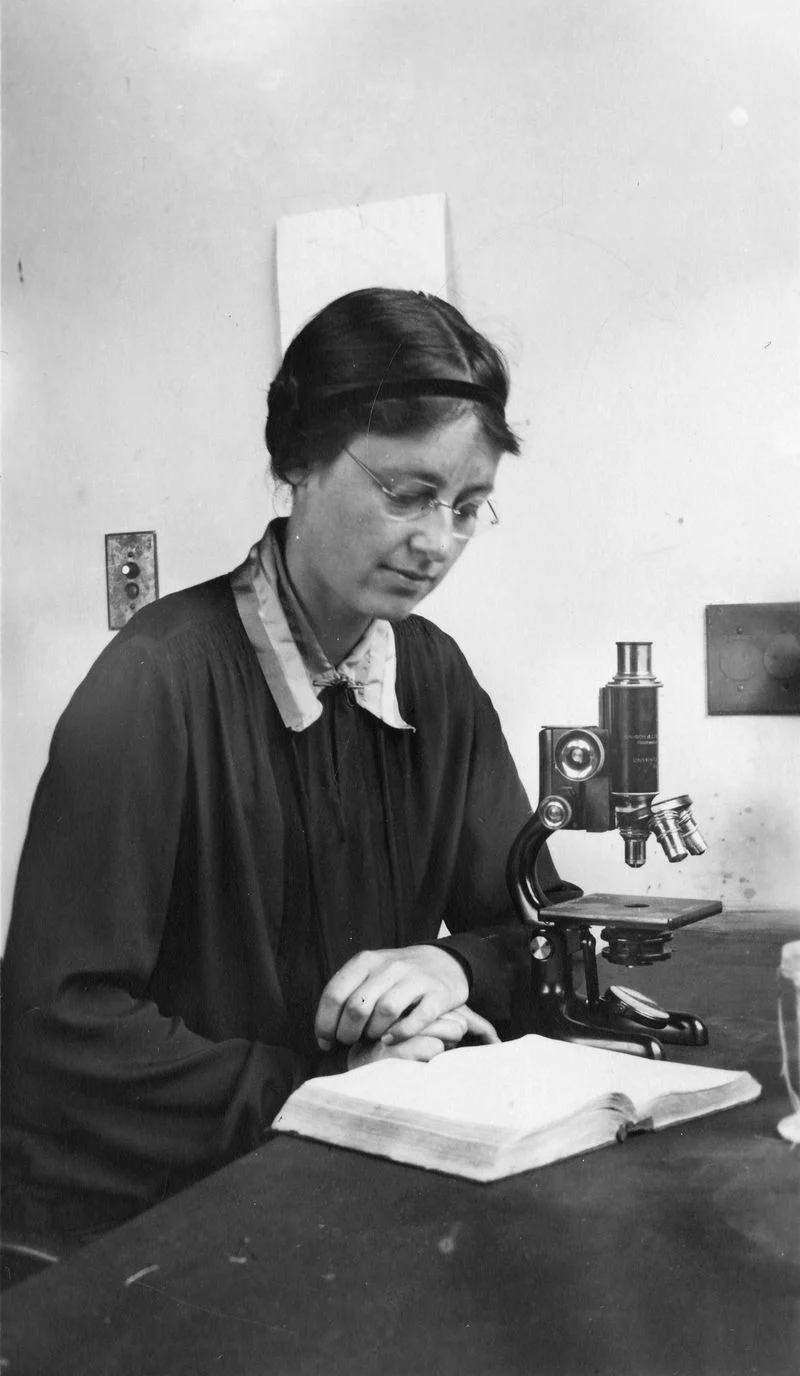
Kathleen Mary Drew-Baker, a British phycologist, revolutionized the seaweed industry in Japan with her research on the life cycle of nori. Her work laid the foundation for modern nori cultivation, transforming it into a sustainable industry. Known as “Mother of the Sea” in Japan, her contributions extended beyond academia. Kathleen’s findings demonstrated the interconnectedness of ecosystems and human industries, influencing sustainable practices globally. Her legacy endures in both scientific and cultural spheres, highlighting the importance of fundamental research in driving industry transformation and environmental sustainability.
Ynes Mexia
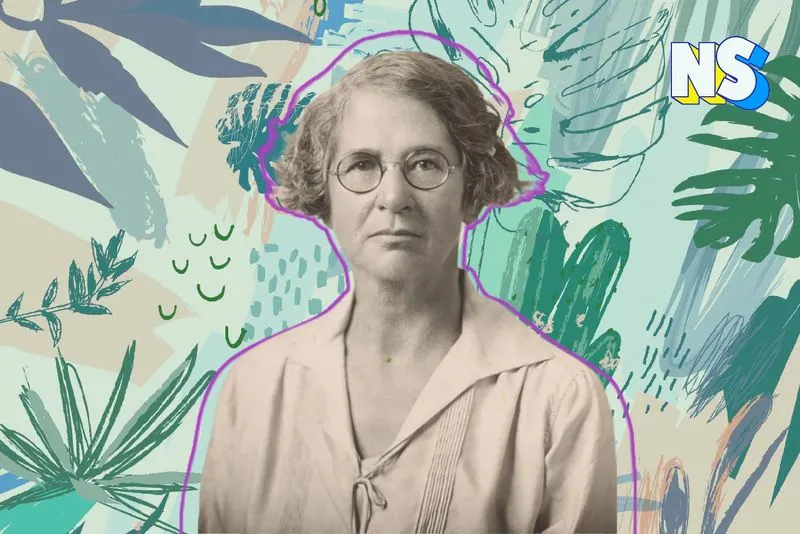
Ynes Mexia, a Mexican-American botanist, began her scientific career in her fifties, yet amassed a vast collection of plant specimens across the Americas. Her fearless expeditions, often in uncharted territories, led to the discovery of numerous new species. Despite the challenges of her time, her meticulous documentation and contributions to herbaria worldwide advanced botanical understanding. Ynes’s story exemplifies the idea that passion knows no age limits. Her adventurous spirit and dedication to conservation continue to inspire botanists and explorers, showcasing the endless possibilities of scientific discovery.
Alice Eastwood
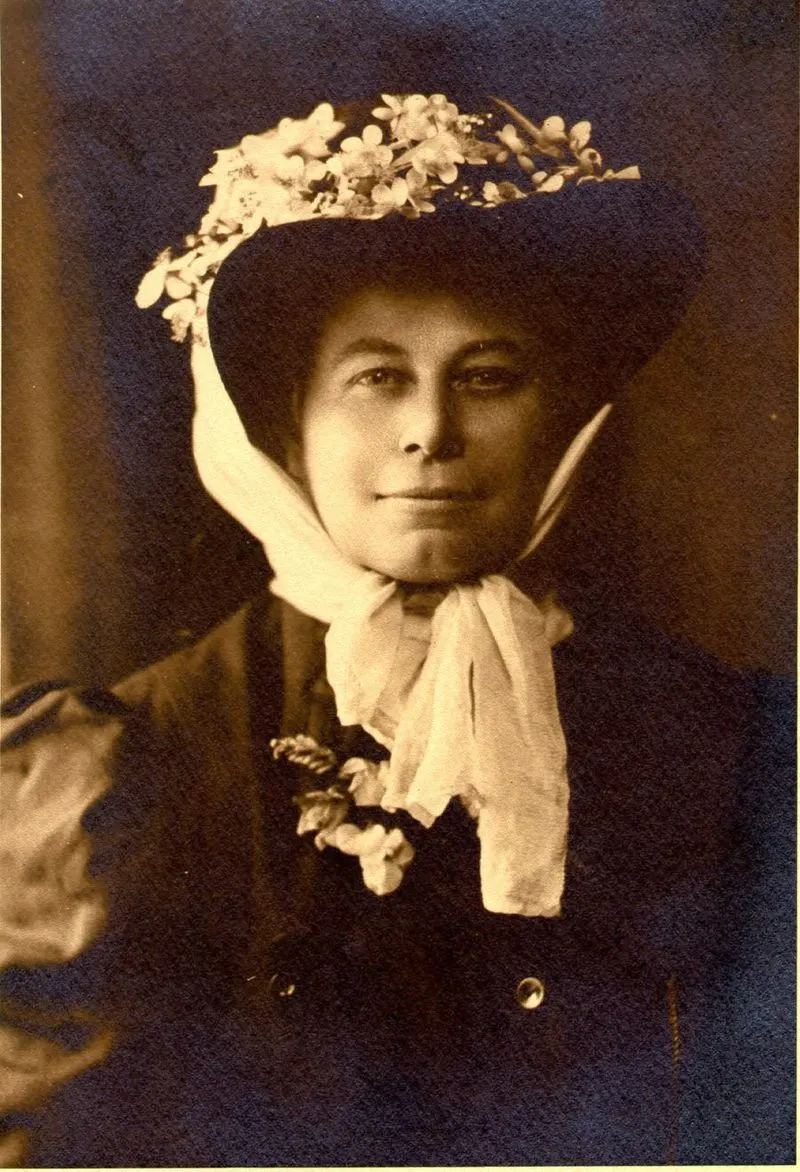
Alice Eastwood, a self-taught Canadian-American botanist, played a crucial role in botanical taxonomy and plant conservation. Her quick thinking saved invaluable plant specimens during the 1906 San Francisco earthquake, preserving vital botanical history. As the Curator of Botany at the California Academy of Sciences, she described numerous plant species, expanding scientific knowledge. Alice’s dedication to fieldwork and preservation reflected her commitment to understanding and protecting plant diversity. Her life serves as a testament to the impact one individual can have on science and conservation, emphasizing the importance of preserving our natural heritage.
Margaret Mee
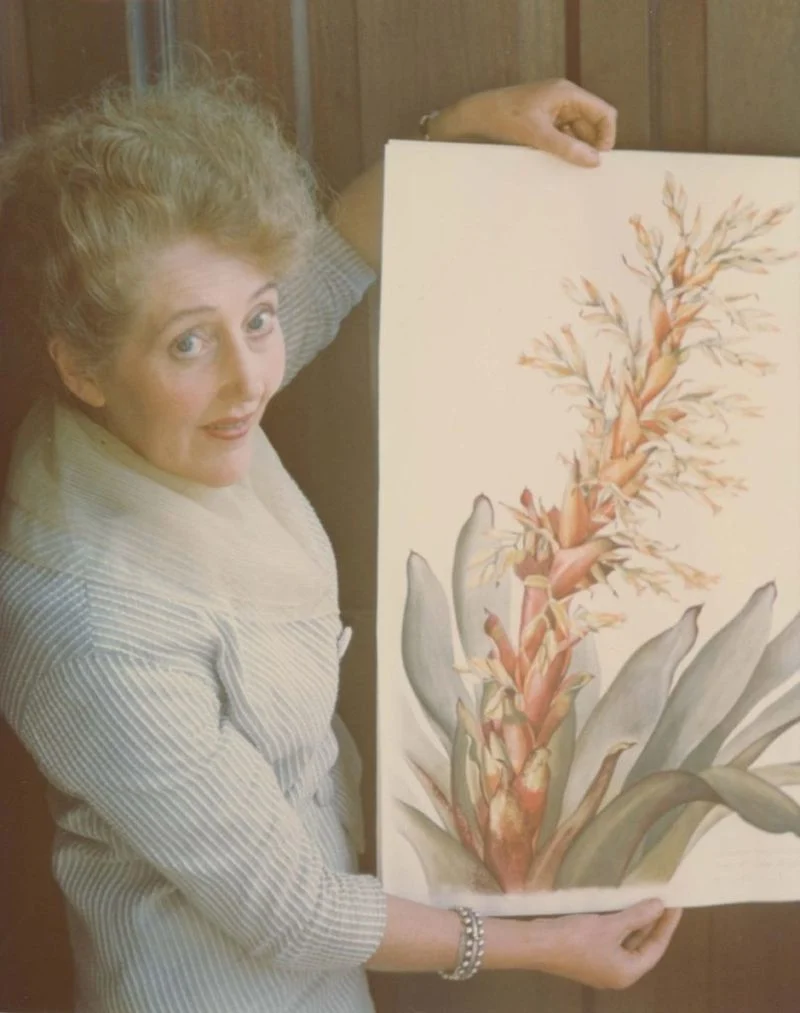
Margaret Mee, a British botanical artist, combined art and science through her detailed illustrations of Amazonian plants. Her work not only documented plant species but also raised awareness about rainforest conservation. Traveling deep into the Amazon, she captured the intricate beauty of its flora, contributing to botany and art simultaneously. Margaret’s illustrations remain valuable scientific records, highlighting the interplay between visual art and scientific inquiry. Her advocacy for conservation continues to resonate, underscoring the importance of preserving biodiversity through both artistic and scientific endeavors.
Lynn Margulis
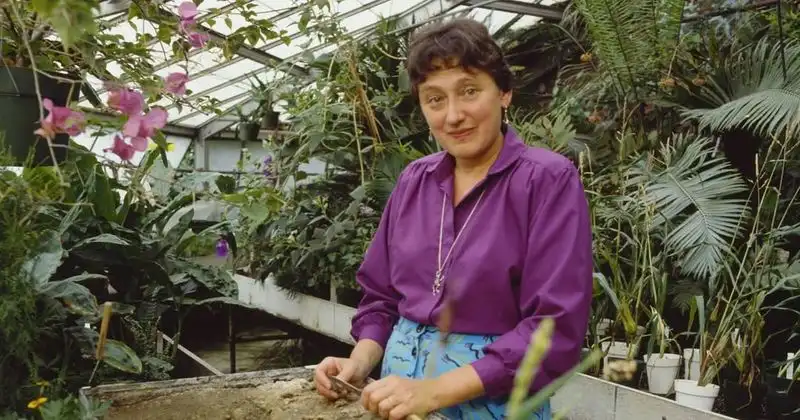
Lynn Margulis, an influential American biologist, profoundly changed our understanding of plant evolution and symbiosis. Her endosymbiotic theory redefined concepts of cellular evolution, emphasizing cooperation over competition. Despite initial skepticism, her ideas gained acceptance and reshaped evolutionary biology. Lynn’s interdisciplinary approach bridged gaps between microbiology, botany, and ecology, promoting holistic scientific perspectives. Her legacy extends beyond her scientific contributions, inspiring collaborative research and interdisciplinary studies. Lynn’s work exemplifies the power of challenging established paradigms, fostering innovation and integrative thinking in the biological sciences.
Barbara McClintock
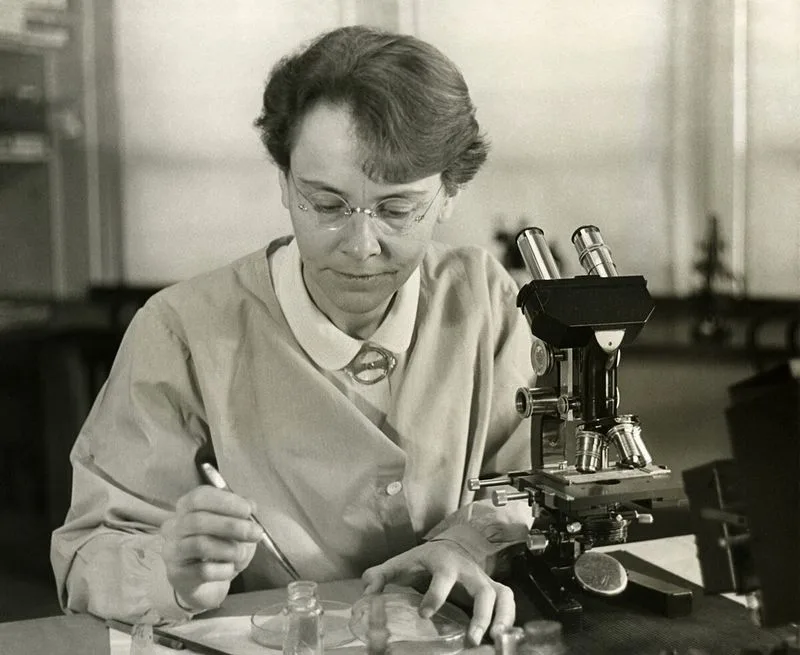
Barbara McClintock, a pioneering American cytogeneticist, unlocked the secrets of genetic transposition in maize, earning her a Nobel Prize. Her discovery of “jumping genes” transformed genetics, revealing the dynamic nature of genomes. Barbara’s meticulous research and innovative techniques paved the way for advancements in genetic engineering. Her career exemplified perseverance, working extensively without recognition until later in life. Barbara’s groundbreaking findings continue to influence genetic research, emphasizing the importance of curiosity-driven science. Her story inspires scientists to pursue their passions, regardless of recognition, showcasing the enduring impact of fundamental research.
Marie Clark Taylor
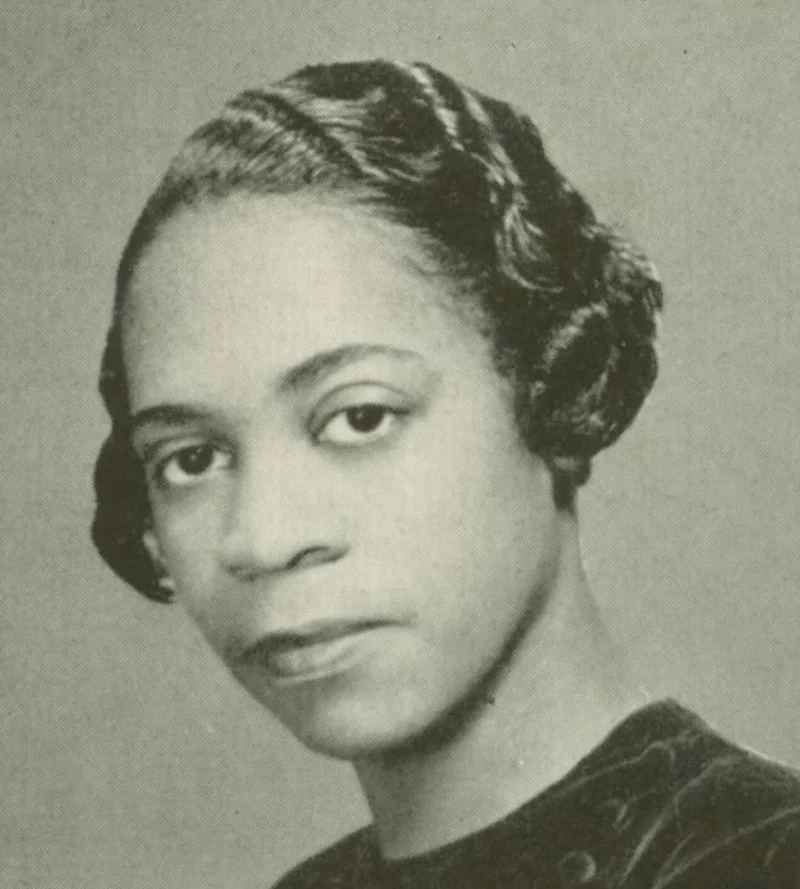
Marie Clark Taylor, the first woman to receive a Ph.D. in botany from Fordham University, revolutionized plant biology education. Her research into photoperiodism in plants influenced agricultural practices and educational curricula. As a dedicated educator and chair of the Howard University Botany Department, she championed hands-on learning and curriculum innovation. Marie’s work emphasized the connection between scientific research and education, inspiring future generations of scientists and educators. Her contributions to science education remain influential, highlighting the role of educators in shaping scientific understanding and inspiring new generations.

